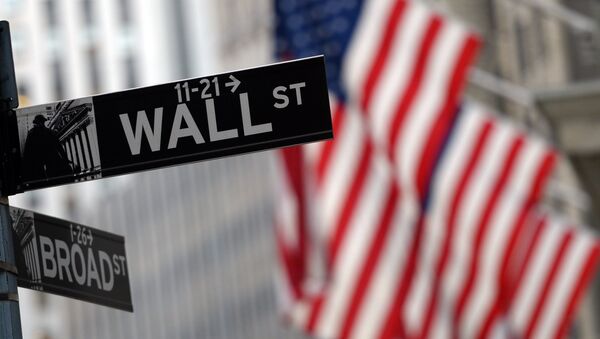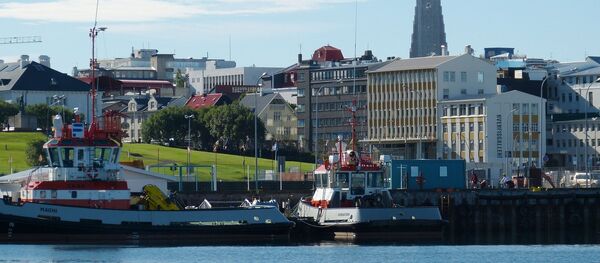Radio Sputnik’s Loud and Clear speaks with economic professor Steve Keen of Kingston University about the root of the crisis and discusses who suffered the brunt of its consequences.
In 2008, Larry Elliot, economics editor for the Guardian, wrote that August 9, 2007, the day the crisis began, had the same resonance as the day World War I began because it "marks the cut-off point between ‘an Edwardian summer’ of prosperity and tranquillity and the trench warfare of the credit crunch — the failed banks, the petrified markets, the property markets blown to pieces by a shortage of credit."
Keen explained that the economic collapse "was rather distant from the American market, which is where the entire crisis began, but it was a decision through the Banque Nationale Paribas (BNP) to shut down three of the funds that it had which were exposed to the American subprime market — in other words, not allowing people to withdraw their money from the accounts anymore, and not trading on them any more either because they simply couldn’t find valuation or liquidity in the market."
Triple A is the highest credit rating one can receive, and Keen said that when major credit rating agencies sold Triple A ratings for US assets that weren’t actually valuable, it cause fragility in the economy.
"So what they thought were Triple A (assets) were actually Triple G for ‘garbage’ and they simply couldn’t sell them any more," he added.
The professor said that the BNP’s actions led to the highest level of private debt in the history of capitalism. "While the level of debt was rising, and therefore credit was positive every year, that marked the point where things started to turn negative."
"Suddenly, people were starting to liquidate and not take out more debt, credit went from positive to negative, and that’s what really caused the crisis," he said. "That is the first time that has happened since 1937."
Sputnik news analysts Walter Smolarek, sitting in for host Brian Becker, offered that "It wasn’t the bankers and CEOs in charge of these massive financial institutions that did the real suffering," during the crisis. "The real suffering happened among poor, working class and middle class people. Who got bailed out and who didn’t?"
"What the bailout did was bail out the parasites who caused the disease of the financial crisis," Keen responded. "What happens when you have a rising level of private debt and a rising level of dependence on the financial sector, you get what I call the Financial-Politico complex dominating politics, and the politicians come to believe that the financial sector is absolutely crucial to the economy and can’t be allowed to be any smaller than it currently is."




